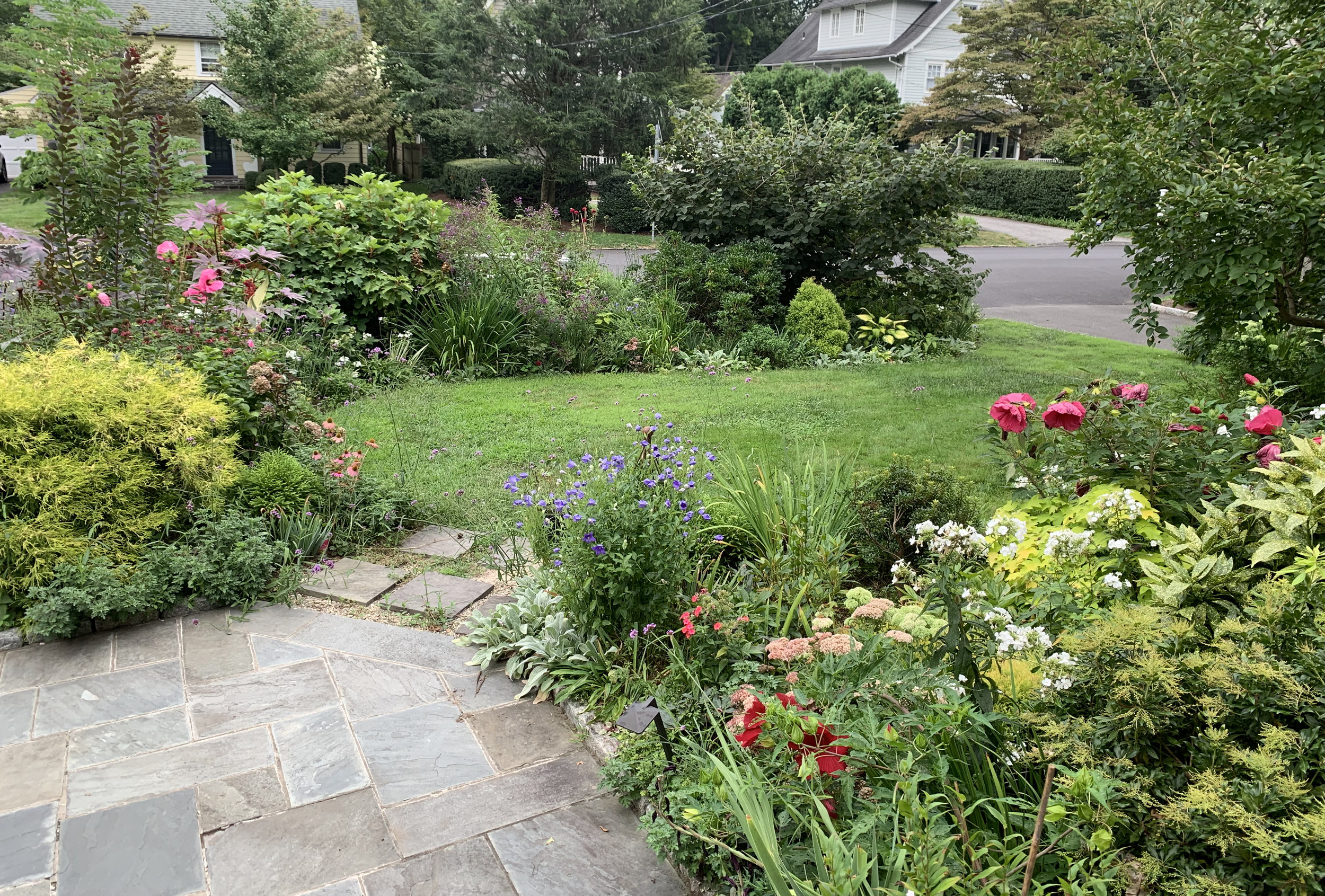To: Town of Greenwich Tree Warden
I am objecting to the removal of the trees in Binney Park. I understand that the town wants to replace the trees with another tree, but removing all of the crabapples would be too drastic a change and it is not necessary that the area be clear cut before transitioning to a new plan. They will (eventually) be replaced with trees that have <10% of the volume of the current trees, and my understanding is that they will be replaced with trees that do not have any attractive flowers.
The assertion that these trees are all unhealthy is clearly not true.
I also object to the way this new plan is being communicated. The only documentation I can find is a plan that proposes to replace these trees with swamp oaks (Quercus bicolor), but the document does not make any clear reference to the size or appearance of these trees. There are no elevations or perspective drawings that would demonstrate the actual appearance of the proposed plan.
I also object to the resulting monoculture. There are beautiful examples of other large trees growing in that section of the park, and we have seen repeated examples of stands of beloved trees being wiped out by a single pathogen or parasite. Diversity would reduce this risk.
Charlene Barnes


